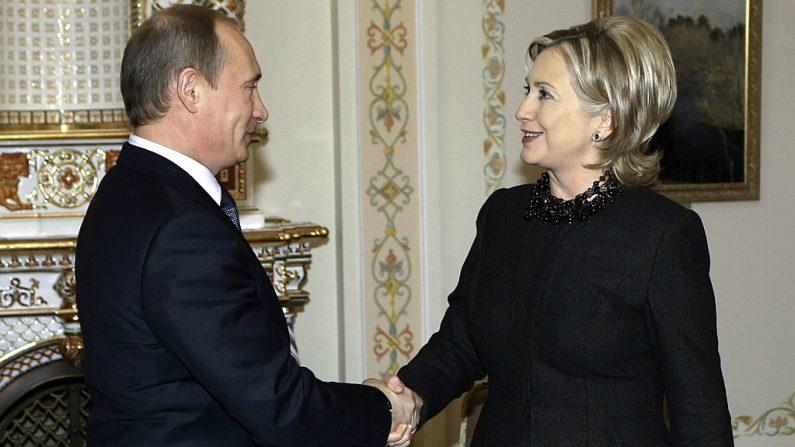The FBI had intelligence on a Russian bribery, kickback, extortion, and money laundering scheme on U.S. soil aimed at growing Moscow’s nuclear interests well before the Obama administration approved two controversial nuclear deals with Russia, The Hill reported on Tuesday citing government documents and interviews.
One of the deals, approved in 2010, gave Russia control of 20 percent of the U.S. uranium supply. Leading up to the deal, Russians wired millions of dollars to former President Bill Clinton’s charitable foundation at a time when Hillary Clinton presided over a department involved in approving the deal. While this activity was reported on by The New York Times in 2015, The Hill’s John Solomon and Alison Spann found that the FBI had an eyewitness account as well supporting documents of the activity as early as 2009.





